Summaries of books about Software Development:
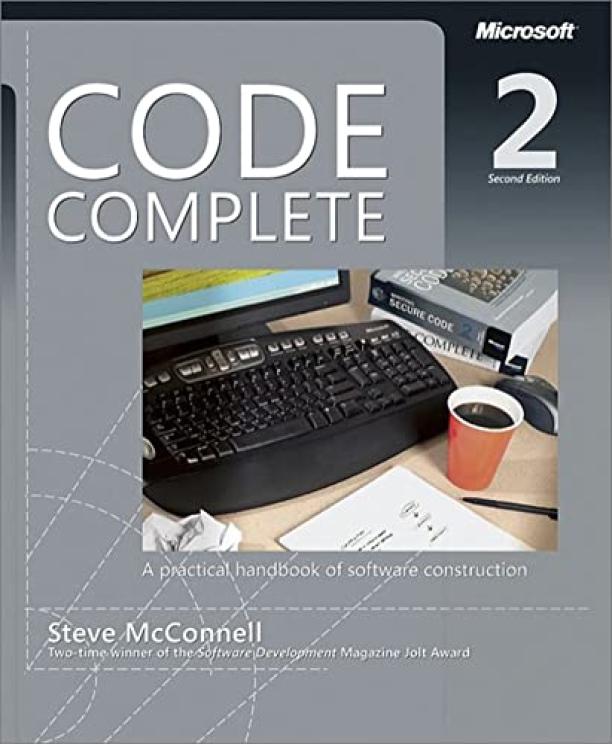
Code Complete
McConnell Steve
The book is a comprehensive guide on software construction, offering practical advice on writing high-quality code and covering topics such as design, coding, debugging, and testing. It emphasizes the importance of good practices and thoughtful design in creating maintainable, efficient, and reliable software.
See full summary
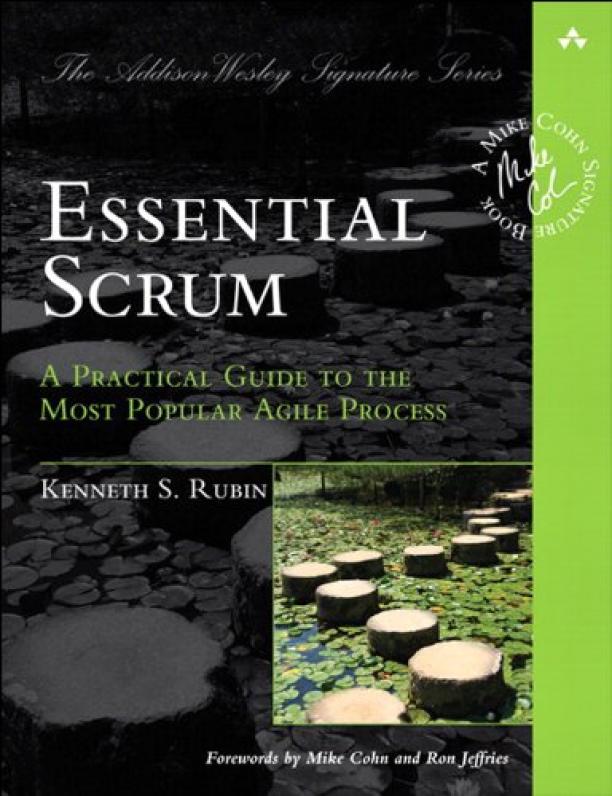
Essential Scrum
A Practical Guide to the Most Popular Agile Process
Rubin Kenneth S.
The book provides a comprehensive guide to Scrum, an Agile framework for completing complex projects, detailing its principles, roles, practices, and artifacts. It offers practical advice, clear explanations, and a variety of tips and techniques for effectively implementing Scrum in organizations.
See full summary
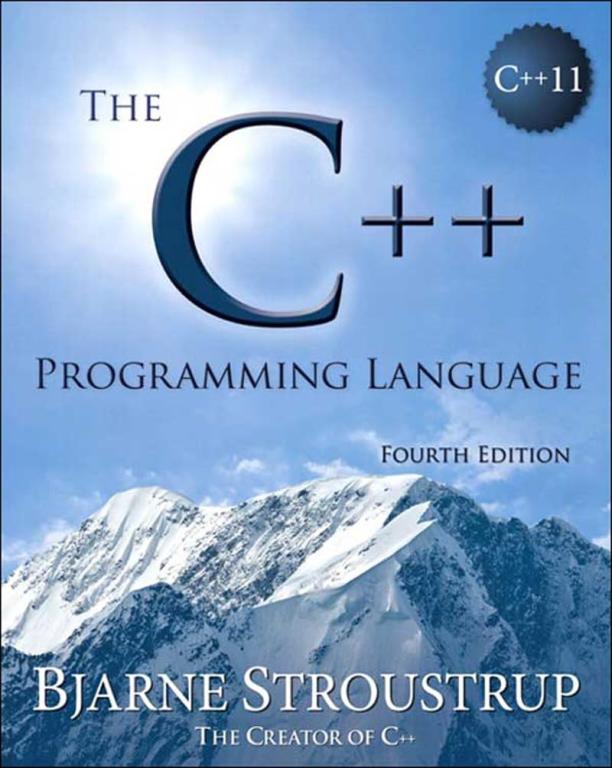
The C++ Programming Language
Stroustrup Bjarne
The book serves as a comprehensive guide to the C++ programming language, covering its core principles, syntax, and features, including object-oriented programming, templates, and the Standard Library. It provides both tutorial content for learning the language from scratch and detailed reference material for experienced programmers.
See full summary
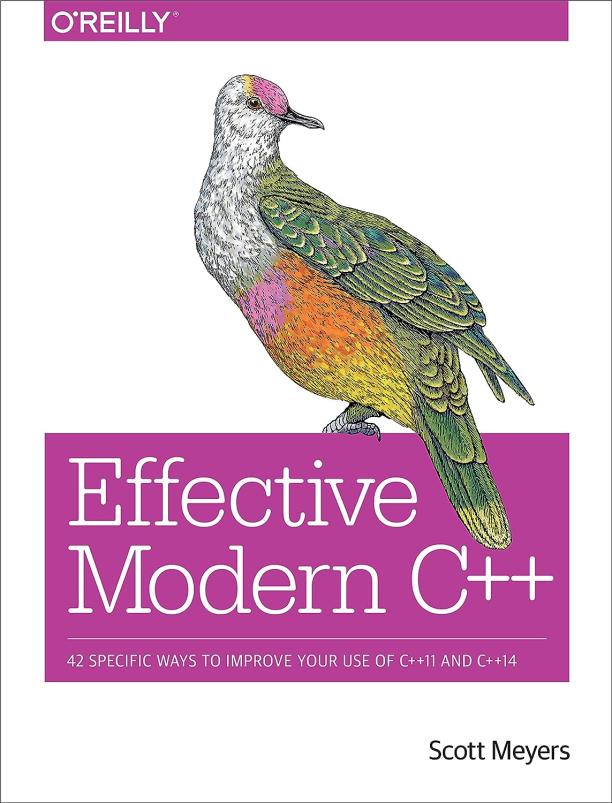
Effective Modern C++
42 Specific Ways to Improve Your Use of C++11 and C++14
Scott Meyers
The book provides a comprehensive guide to best practices for programming using the new features introduced in C++11 and C++14, offering practical advice on how to use these features effectively and efficiently. It covers a range of topics including memory management, concurrency, type inference, and lambda expressions, with each item presenting specific, actionable guidelines to help experienced C++ programmers write better, more modern code.
See full summary
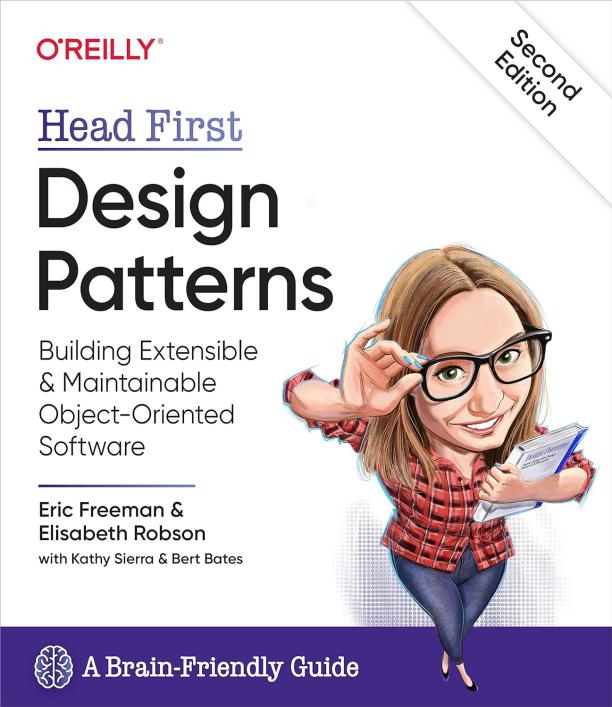
Head First Design Patterns
Building Extensible and Maintainable Object-Oriented Software
Eric Freeman|Elisabeth Robson
The book introduces readers to design patterns, which are reusable solutions to common software design problems, using a visually rich format that engages the reader in a conversational style. It covers fundamental design principles and patterns such as Strategy, Observer, Decorator, Factory, Singleton, Command, Adapter, and more, providing real-world examples and practical tips for applying these patterns in object-oriented programming.
See full summary
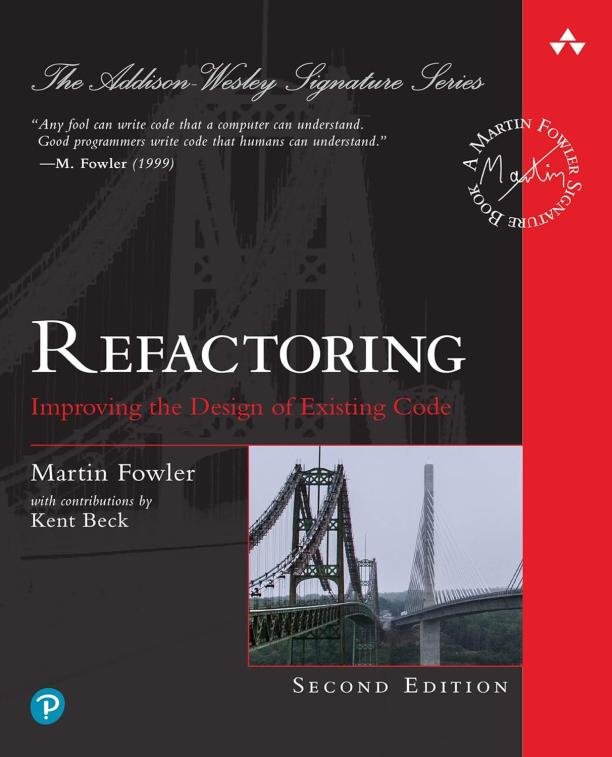
Refactoring
Improving the Design of Existing Code
Martin Fowler
The book provides a systematic approach to improving the structure and readability of code without altering its functionality, through a catalog of refactoring techniques. It emphasizes the importance of testing, clear code, and the application of small, controlled transformations to enhance software maintainability and performance.
See full summary
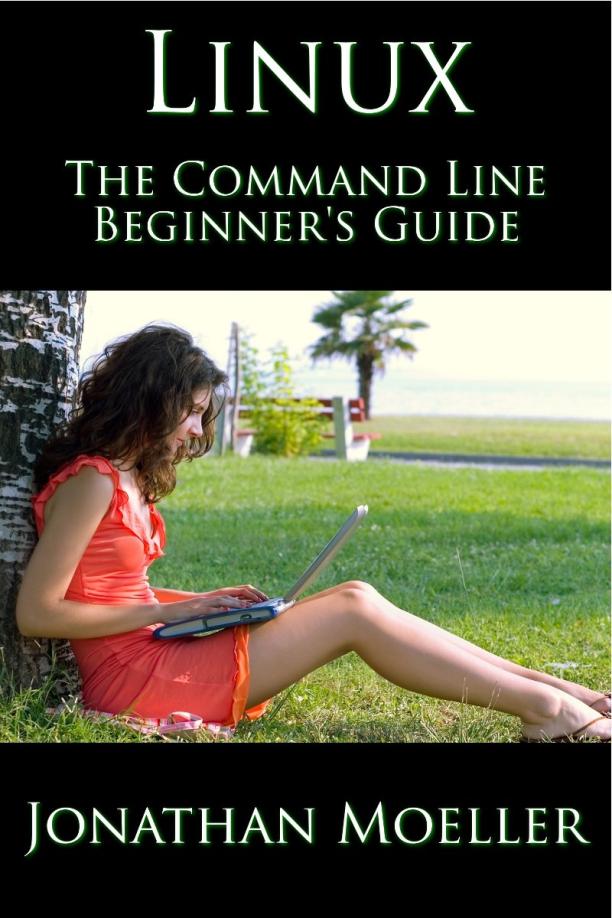
The Linux Command Line Beginner's Guide
Jonathan Moeller
The book serves as an introductory guide to the Linux operating system, focusing on teaching beginners how to use the command line interface effectively. It covers basic commands, file system navigation, and essential tasks to manage files and software, providing a foundation for more advanced Linux usage.
See full summary
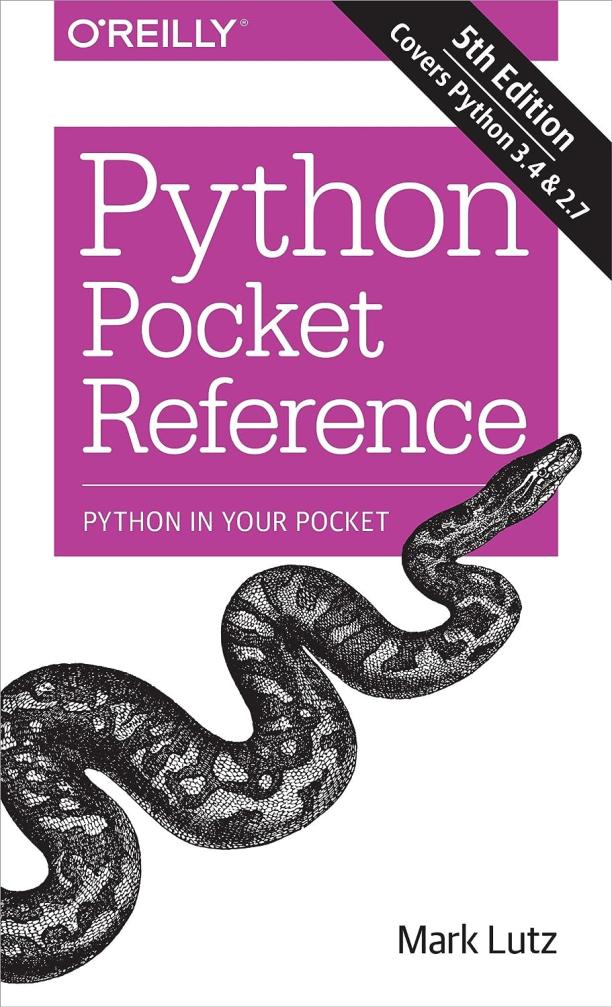
Python Pocket Reference
Python In Your Pocket
Mark Lutz
This compact reference guide provides a concise overview of Python programming language syntax, built-in functions, and commonly used libraries. It serves as a handy resource for developers to quickly look up details and examples of Python language elements and usage while coding.
See full summary
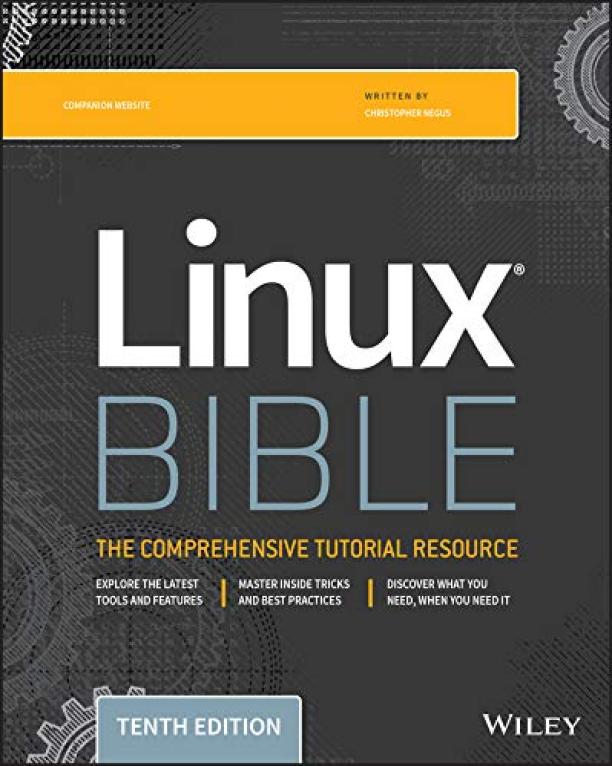
Linux Bible
Christopher Negus
The book serves as a comprehensive guide to the Linux operating system, covering installation, administration, and server management across various distributions. It includes practical instructions for using Linux in networking, security, and system administration tasks, catering to both beginners and experienced users.
See full summary

Staff Engineer
Leadership beyond the management track
Will Larson
The book provides insights and practical advice for software engineers aspiring to reach the staff engineer level, focusing on technical leadership without transitioning into management. It covers topics such as defining the role, navigating organizational dynamics, and developing the necessary skills to influence projects and mentor peers effectively.
See full summary